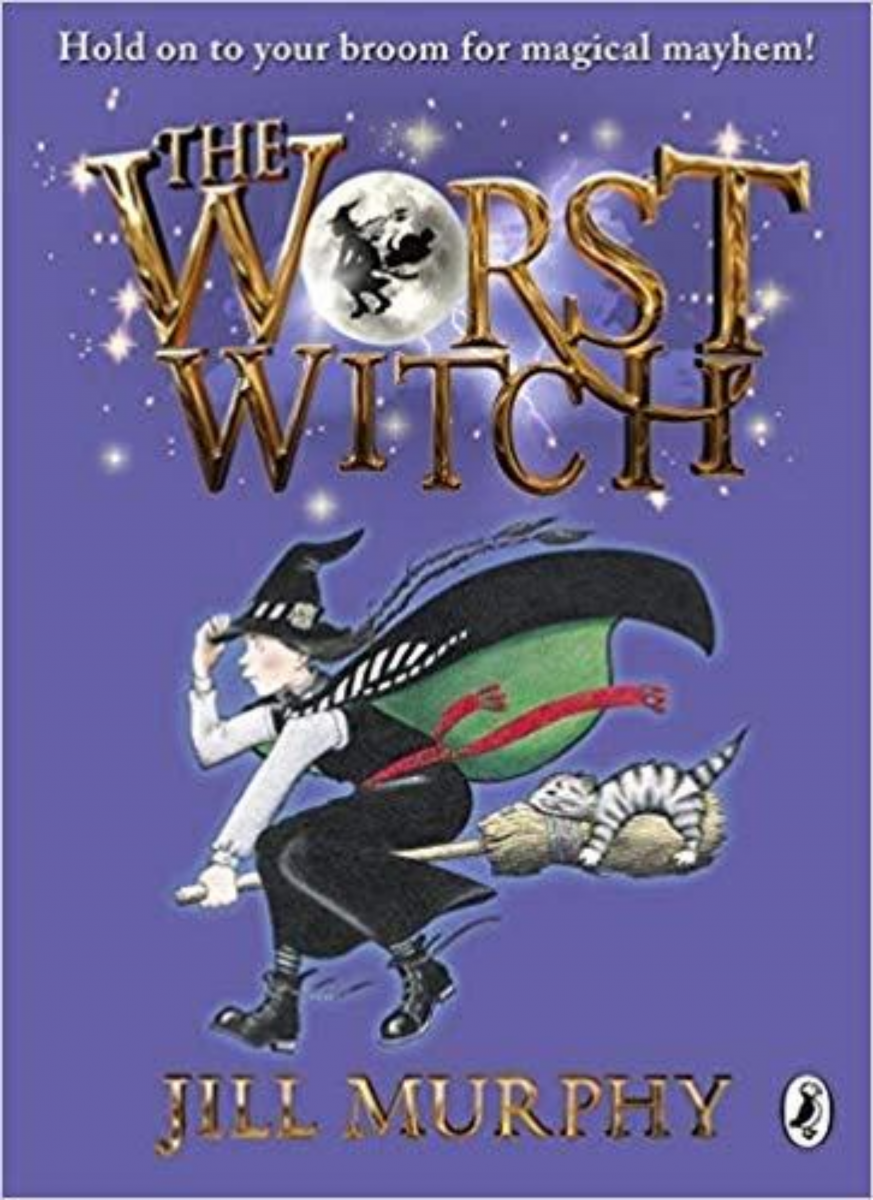‘The Worst Witch’ by Jill Murphy
Interview with Louise O'Dwyer, Child & Adolescent Psychoanalytic Psychotherapist
 Why do you like this book?
Why do you like this book?
This book is about Mildred Hubble, who is in the first year of Miss Cackle’s Academy for Witches. Although the book has was written some time ago, many children can relate to the setting and the depiction of the teachers and the school rules. It humorously captures the struggles of starting somewhere new and feeling inept.
What does it help Children to think about?
Though Mildred, we experience the challenge of managing oneself away from home, in a setting where rules are imposed, and they are not always administered fairly. This may be in a new school, during residential trips, or for some children, experiences of being in care.
Additionally, Mildred has to master new challenges such as riding her broomstick, training her cat and making spells. There are no parents present to help her with these tasks, the only parental figures are the teachers; the more benign, yet distant Miss Cackle, and the less kind and more present Miss Hardbroom. These seem to represent different aspects of parental authority, and initially make the reader feel quite remote from any ‘good’ parental figure.
Mildred has to ‘find her brave’ with friends, and throughout the story, her relationship with Maud supports her. However, some of the other peer relationships are more problematic and we witness the difficulties that she gets into when she tries to sort things out herself. It is at the point that she feels that she has lost all her friends that she runs away. Nevertheless, it is her care and concern for her peers that helps to her to both be brave and stop the rival witches and return to face the consequences of her actions.
What other advice might you give to parents when talking to their child about being away from home?
This would depend on the age of the child, and the type of absence involved. In many circumstances, it can be helpful to talk through what the experience might be like for the child, acknowledging the mixture of possible feelings that one may have – e.g. that a residential trip isn’t just exciting, nor is it only scary. It can be helpful to think about who the child might be able to link up with in a new setting, or what other comforting items might bring relief should they need it.

